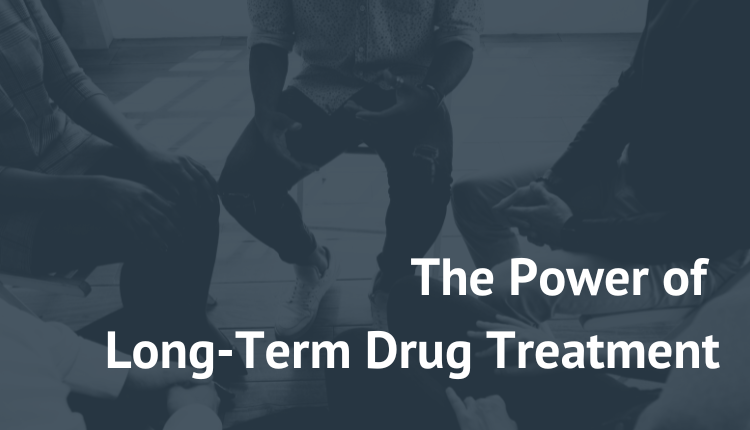Long-term drug treatment is essential for those battling addiction. Combining detox and inpatient programs with intensive outpatient (IOP) and outpatient (OP) care can significantly improve outcomes. This comprehensive approach provides the necessary support at each stage of recovery, ensuring long-term success.
Why Detox and Inpatient Treatment Matter
Detoxification is often the first step in addiction recovery. It clears the body of harmful substances, preparing individuals for the next phase of treatment. However, detox alone isn’t enough. Inpatient treatment, which follows detox, offers a structured environment where individuals can begin to address the underlying causes of addiction. The combination of detox and inpatient care sets a strong foundation for long-term drug treatment.
Inpatient programs are crucial during the early stages of recovery. They provide 24/7 support and a safe space, minimizing the risk of relapse. Patients have access to medical professionals, therapists, and peers who understand their struggles. This immersive environment fosters healing and prepares individuals for the challenges of returning to daily life.
The Role of Intensive Outpatient Programs (IOP)
Once inpatient treatment concludes, transitioning to an intensive outpatient program (IOP) is the next step. IOP offers a more flexible approach to recovery while still providing the necessary support. Patients attend therapy sessions several times a week, allowing them to maintain their recovery momentum.
IOP bridges the gap between inpatient and outpatient care. It helps individuals gradually reintegrate into their daily routines while still receiving structured support. This continuity of care is vital for sustaining recovery and preventing relapse.
At New Paradigm Recovery, we specialize in IOP, providing customized treatment plans that cater to each individual’s unique needs. Our team of experts collaborates with patients to ensure they receive the right combination of therapies and support to continue their journey toward lasting recovery.
The Importance of Outpatient Programs (OP)
Outpatient programs (OP) are the final phase of long-term drug treatment. These programs offer ongoing support as individuals fully reintegrate into their daily lives. OPs are less intensive than IOPs, allowing individuals to manage their responsibilities while continuing their recovery journey.
Outpatient care at New Paradigm Recovery focuses on maintaining sobriety and addressing any new challenges that may arise. Regular therapy sessions, group meetings, and support from our compassionate team help individuals stay on track. This phase of treatment is crucial for reinforcing the skills learned during earlier stages of recovery.
Combining Detox, Inpatient, IOP, and OP for Better Outcomes
Research shows that combining detox, inpatient, IOP, and OP treatment leads to better long-term outcomes. According to the National Institute on Drug Abuse (NIDA), longer treatment durations are associated with more positive outcomes, including sustained sobriety and improved mental health.
By integrating these different levels of care, individuals receive continuous support throughout their recovery journey. Each phase of treatment builds on the previous one, ensuring that individuals are well-equipped to maintain their sobriety long after leaving formal treatment.
At New Paradigm Recovery, we understand the importance of comprehensive care. Our IOP and OP programs are designed to support long-term recovery, providing individuals with the tools they need to achieve lasting sobriety.
For more information on how New Paradigm Recovery can support your journey, visit our Intensive Outpatient Program page.
For more information about Long Term Drug Treatment Outcomes:
Hubbard, R. L., Craddock, S. G., & Anderson, J. (2003). Overview of 5-year follow-up outcomes in the Drug Abuse Treatment Outcome Studies (DATOS). Journal of Substance Abuse Treatment, 25(3), 125-134. https://doi.org/10.1016/S0740-5472(03)00130-2

